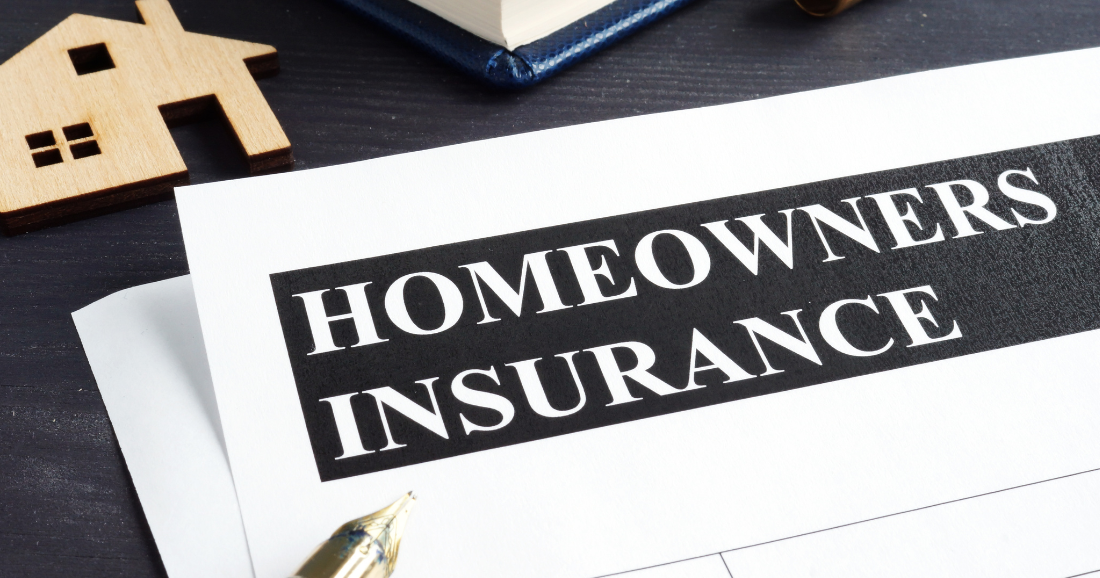New 2023 laws on homeowners insurance aim to strengthen protection, for consumers and for insurers | Real Estate
When Florida’s new laws go into effect January 1 regarding property insurance, many will wonder who will benefit the most — the insurer or the insured?
Alejandro Perez-Duque, CEO of the Key Biscayne-based PVG Insurance Group, said it’s a matter of timing and patience.
“It’s difficult to say it’s a victory (for insurers or for policy holders) as nobody’s winning anything overnight, but it is a step in the right direction,” he said.
“Right now, everybody who has insurance in Florida is paying for the consequences of all the abuse and fraud by bad actors who made Florida the claims litigation capital of the US, plus the billions in damages from the catastrophic devastation from Hurricane Ian, with inflation pushing costs even higher.”
In December, Florida lawmakers passed SB 2A, hoping to fix a home insurance problem that only escalated when Ian and then Hurricane Nicole struck the state from both sides within a six-week span.
“For years, the insurance industry in Florida has not done well, with 11 Florida insurers declared insolvent in the last five years — 55% of those in the most recent two years,” Perez-Duque said.
The reform seeks to address this by attracting carriers to enter, or re-enter, Florida, and have them work with the state “to create new capacity with rate adequacy and prudent underwriting,” he said. “This is a win for consumers.”
He also pointed out that consumers will gain from this reform because “carriers with whom they have claims will need to make loss determination in less time, start their claims investigation expeditiously (and) conduct physical inspections faster.
“Helping (policy holders) with claims get their lives back together in less time has to be seen in no other way than a win for the consumer.”
The new laws apply to any claims, not just from storms, from homeowners or condo owners filed on or after January 1.
Among the highlights of SB 2A:
* Provide for a $1 billion reinsurance fund, or safety net, to protect current private insurers in the event of a major catastrophe and, thus, attract more companies back into the pool.
* End a controversial practice known as assignment of benefits (AOB) for property insurance, whereby homeowners sign over claims to contractors or public adjusters, who then pursue payments from insurers.
* Force insurers to respond more promptly to claims, cutting the time to do an on-site inspection from 45 days to 30. In addition, new claims will have to be filed within one year instead of two.
* Speed up the payout or rejection process, forcing companies to make that decision within 60 days rather than 90.
* Remove “one-way” attorney fees for property insurance, which had required insurers to pay the attorney fees of policyholders who successfully sue over claims while protecting policyholders from paying insurers’ attorney fees when they lose.
* Require those with Citizens policies to pay for flood insurance, and require moving to private insurers if they offer a policy that is no more than 20% above the cost of a Citizens policy.
In addition, earlier in the year, legislation passed that may allow insurance companies to patch, rather than replace, significant portions of a hurricane-damaged roof. Previously, if a roof was damaged more than 25%, it had to be replaced.
And, for roofs older than 15 years, insurers would have to allow homeowners to have an inspection. If results show the roof has five or more good years remaining, the insurer is not allowed to drop the coverage.
Glancing at the overall picture, Perez-Duque said the new laws should broaden the insurance market and, in turn, the competition would lead to, perhaps, more digestible pricing.
If everything falls into place like these laws are designed to, “it would have to mean that with carriers opening up capacity in Florida, the rates should get (competitive) in certain areas,” he said. “More supply means more choices.
“The counterweight to this, however, is that coastal property in Florida, particularly in Dade and barrier islands, such as Miami Beach and our beloved Key Biscayne, will continue to be seen and modeled by reinsurers as extremely high risk due to its location and potential for wind and flood damage.
“This impact on catastrophic reinsurance has a direct correlation on property insurance pricing and it is concerning, to say the least … what if a CAT 4 storm that really was a CAT 5 storm like Ian hits Key Biscayne?”
According to reports, average annual premiums have risen to more than $4,200 in Florida — three times the national average. Currently, about 12% of homeowners in the state do not have property insurance, compared to the national average of 5%, according to the Insurance Information Institute research organization.
In turn, many Florida homeowners saw their annual insurance rates climb by nearly 33% or more this year, while other clients were dropped altogether. Finding insurance – at least affordable coverage – also has an effect on the home-buying market.
“High rates are one thing, availability of insurance is another thing,” Perez-Duque said. “It’s not healthy for the real estate industry or the Florida economy, because that ends up killing a transaction, affecting households, rents, tenants, small businesses, etc., and many other related sectors of our community and economy.
“While I am concerned, our industry is a resilient one and it has faced other challenges in the past years that it has been able to overcome,” he said. “And our state, with this reform, has the right ingredients and players in place to make this happen.”



